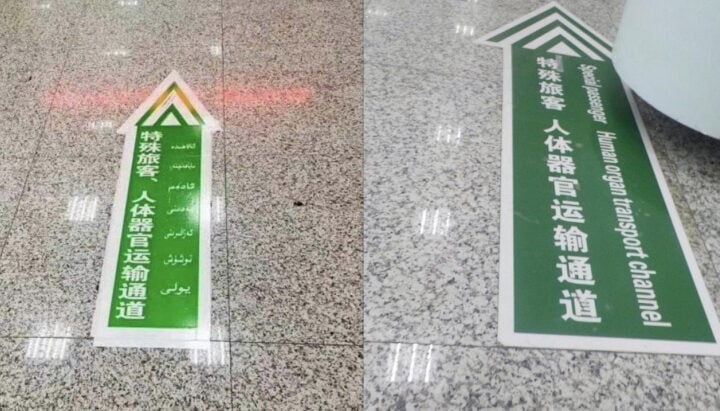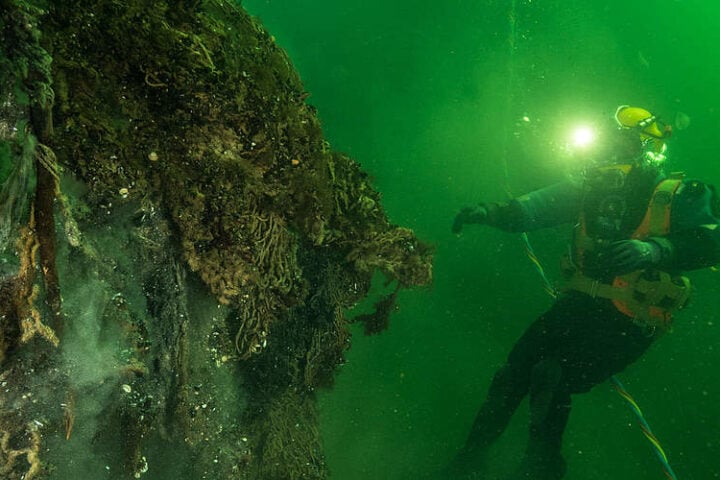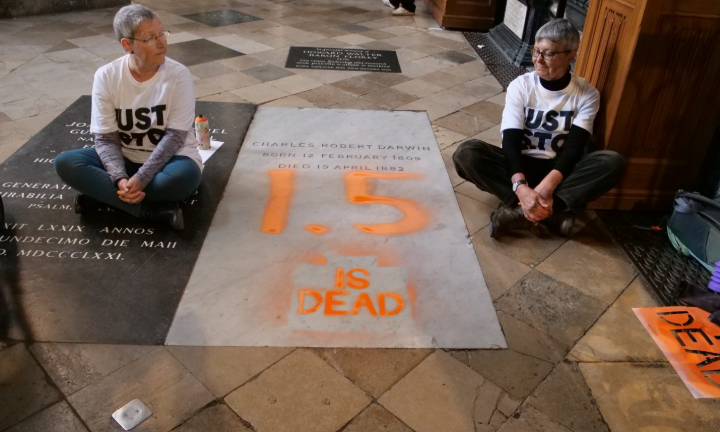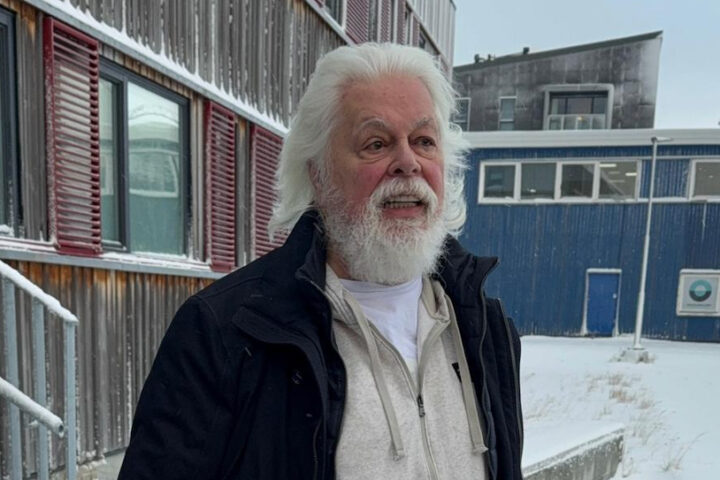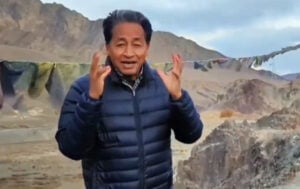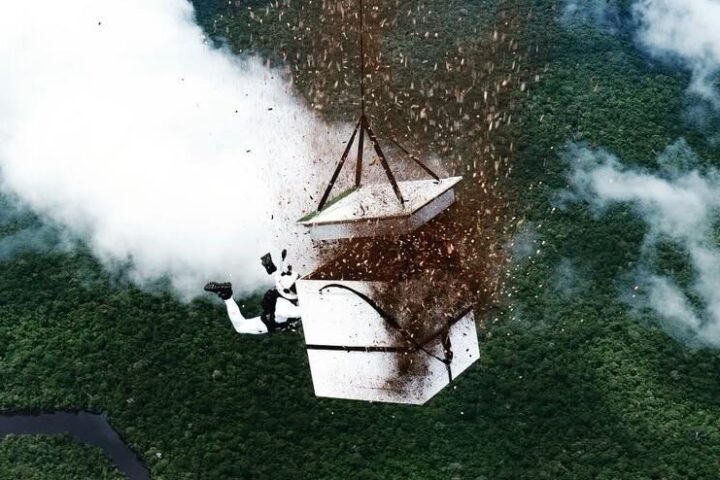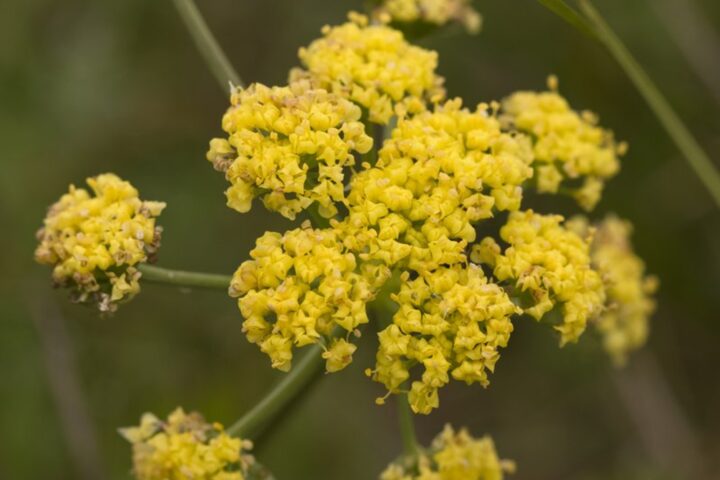In the quiet hours before dawn on December 2, 1984, Bhopal, India, became the epicenter of one of the world’s most devastating industrial disasters. This tragedy, caused by a toxic gas leak at Union Carbide’s pesticide plant, claimed thousands of lives and continues to impact the region decades later. The disaster’s legacy, etched into history, finds a poignant retelling in the Netflix series “The Railway Men,” highlighting the often-overlooked heroes of the Indian Railways.
The Bhopal disaster wasn’t merely a tragic event; it was a wake-up call to the world about industrial safety and corporate accountability. The leak of methyl isocyanate gas, affecting over 600,000 people, didn’t just cause immediate fatalities; it led to long-term health complications and environmental damage. The Union Carbide plant, now under Dow Chemical’s ownership following a 2001 acquisition, represents a critical case study in corporate responsibility. “The shareholders of Dow and DuPont, during their merger, were unaware of the liabilities they inherited from Bhopal,” stated Rashida Bee, a leader of a Bhopal survivors’ organization, underscoring the ongoing complexities of corporate mergers in the chemical industry.
“The Railway Men” transcends storytelling to become a mirror reflecting humanity’s resilience and spirit. The series doesn’t just recount events; it honors the railway workers whose bravery in the face of an invisible, deadly foe saved countless lives. It compels us to consider how such disasters shape personal lives and societal structures, urging us to question the balance between industrial progress and human safety.
The series and the disaster itself intersect various disciplines – from environmental science to ethics, corporate law to human rights. Bayer’s involvement in the chemical industry, marked by its merger with Monsanto and interactions with DowDuPont, adds another layer to this complex narrative, highlighting the global implications of corporate decisions in the chemical and agricultural sectors.
At the heart of “The Railway Men” are stories of individuals – fathers, mothers, sons, and daughters – whose lives were forever altered. These narratives, while deeply personal, are universal in their portrayal of loss, courage, and the indomitable human spirit. They remind us that behind every industrial statistic are real people, real stories, and real consequences.
Similar Posts
The Bhopal incident, with its myriad details – from the chemical processes gone awry to the legal battles that ensued – is a complex tapestry of industrial history. Every aspect, from the safety lapses to the heroic rescue efforts, forms an integral part of this story, demanding accuracy and thoroughness in its retelling.
As we look to the future, “The Railway Men” and the Bhopal disaster serve as stark reminders of the need for stringent safety protocols and ethical corporate practices. They prompt us to envision a world where industrial progress and human safety coexist harmoniously, encouraging proactive steps towards a safer, more responsible industrial world.
| Rank | Investor | Ownership in Dow (%) | Ownership in DuPont (%) | Ownership in Bayer (%) |
|---|---|---|---|---|
| 1 | BlackRock Inc. | 6.89 | 6.46 | 6.46 |
| 2 | Vanguard Group Inc. | 7.48 | 5.72 | 5.72 |
| 3 | State Street Global Advisors | 6.01 | 4.62 | 4.62 |
| 4 | Fidelity Management & Research LLC | 3.72 | 2.92 | 2.92 |
| 5 | Capital Group Companies, Inc. | 3.61 | 2.78 | 2.78 |
The Bhopal disaster and its portrayal in “The Railway Men” offer more than just a historical recount; they provide a lens through which we view the complexities of industrial growth, human resilience, and the imperative for corporate responsibility. Even if the above-mentioned companies never had a direct part in the Bhopal incident, there is a common link—that of investors—who backed such companies that continue to defend dangerous chemical business. Even if this story, echoing through the halls of time, continues to inspire and warn us, remaining relevant in our collective pursuit of a safer, more ethical world, we still have a choice.
A chemical-based pesticide aided farming and production, which is still a large part of our lives. India, with its thousands of years of evolution and culture far older, mature, and improved compared to the west, still fails to realize its ancient potential and blindly follows the west. On the other hand, the west continues to adopt oriental methods like organic farming practices, yoga, and much more, especially from India.




